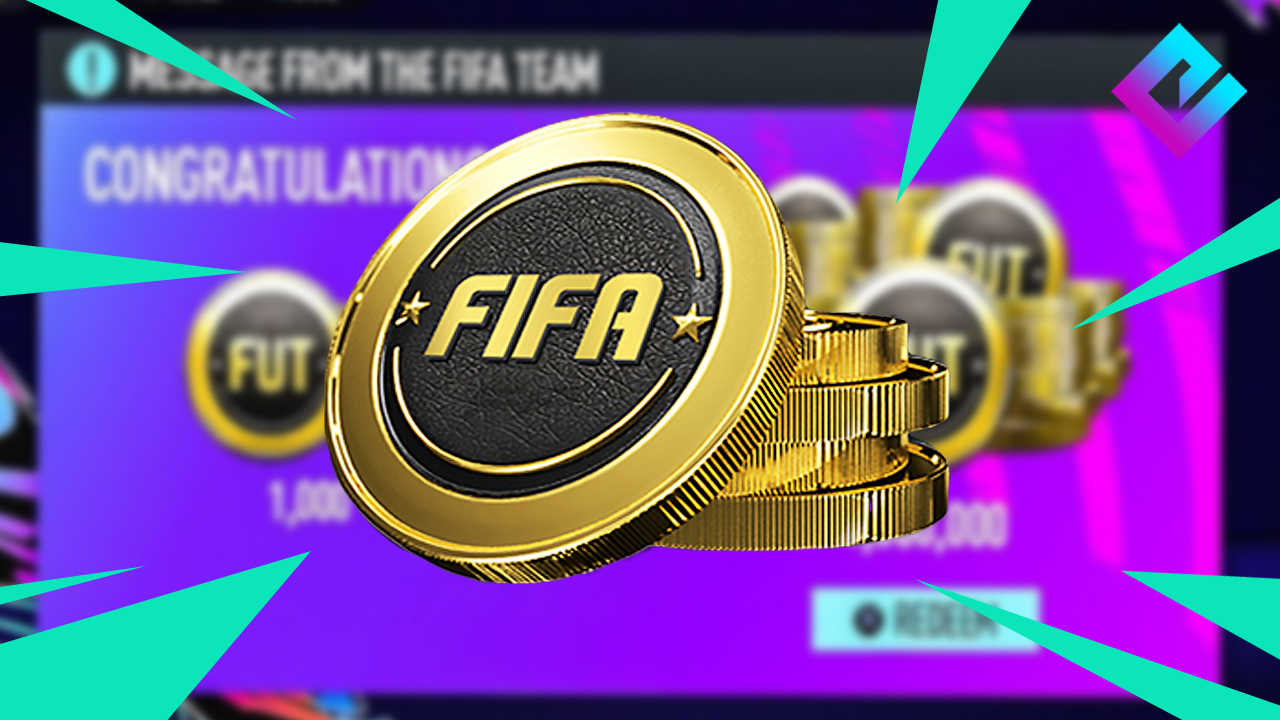In this football world of virtual currency, FIFA Coins hold more than just monetary power. They act as a source of life for the FIFA gaming community, and they can affect not only gameplay but also the behavior and decision-making process of gamers all over the world. Let’s explore how the allure of a fifacoin leads to good and strong behavior in gamers.
The Currency of the Virtual Pitch
FIFA Coins, a currency in the FIFA video game series that allows players to purchase new players, open packs, and form teams that can compete with the best, is an intermediary for players to trade for these items. Virtual money in FIFA markets is designed to mimic real-life economic systems, so FIFA Coins are vital in the gaming process.
The Allure of Ultimate Team
One of the main features of FIFA 19, called Ultimate Team mode, allows players to create their dream teams with players they acquired through packs or the transfer market. This mode is strongly connected with FIFA Coins. The quest for constructing a team out of the most popular players is one of the main reasons why Coins are so desired, thereby encouraging players to participate in numerous in-game activities to accumulate wealth.
The Psychology of Acquisition
The activity of the FIFA Coins application leads to the engagement of psycho-processes similar to those applied in real-world financial ventures. The excitement of opening the packages, the expectation of getting the needed players, and the joy of building a strong team are all factors that contribute to the sense of accomplishment and fulfillment, thereby maintaining player engagement.
The Specter of Microtransactions
Micro-transactions in FIFA coins can be accumulated through gameplay but this option brings in a debatable element. Players are given an option to use the real money to buy FIFA Points. The latter can be exchanged for Coins or packs. The model blurs out the line of difference between the two, the skill-based progression and pay-to-win dynamics, and this affects the behavior of the gamer.
Influence on Decision-Making
The fact that FIFA Coins have a great influence on gamer behavior makes it possible to predict and manipulate players’ decisions within the game. The player usually designs his gameplay, his team composition, and his transfer market actions based on the Coin reserves he has. The number of Coins available or not determines if some actions can be done. This, in turn, affects the player’s decisions and the main goals of the game.
Economic Realities and In-Game Behavior
The game’s virtual economy is based on the FIFA Coins, with supply and demand dynamics, inflation, and market speculation being some of the economic principles. Gamers are the ones who keep a close watch on the market trends, player performances, and in-game events to figure out the best way to use Coins effectively, which is a perfect example of how gaming and economic rationality are interrelated.
Social Dynamics and Community Norms
Inside the FIFA gaming society, FIFA Coins act as a social currency, which is used for interactions, trading, and competitions among the players. Coins hunt will be the foundation of many friendships, competitions, and collaborations as well and it will shape norms and social hierarchy among the players in the virtual world.
Conclusion
FIFA Coins hold a great deal of power not only inside of their virtual realm but also off the field, where they impact player behavior, decision-making, and community dynamics. Knowing the multidimensional role of FIFA Coins helps to see the complex connection between virtual economies and human psychology in the world of games.

